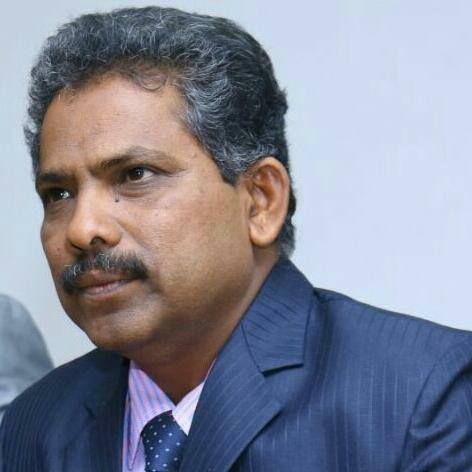|
Dr. G.P. Naik Director, Talent Avenues When an employee (or worker) of an organization (or company) is alleged to have committed a misconduct (or mistake) the employer (or manager) has to hold an enquiry, in accordance with the principles of natural justice and as per the provisions of the standing orders (or service rules) to find out if the allegations are true and to determine; what punishment will meet the ends of justice, if the allegations are fully or partially proved in the enquiry. The allegations of misconduct are generally proved in three ways namely (a) voluntary admission, (b) production of documents or material objects, and (c) examination and cross examination of witnesses. While voluntary admission is the sole prerogative of the charge sheeted employee (CSE), the right for production of documents or material objects, and the right for examination and cross examination of witnesses is available to both (management and the worker) the parties.
VOLUNTARY ADMISSION OF MISCONDUCT. Sometimes the charge sheeted employee (CSE), while responding to a show cause notice or charge sheet or during the course of the enquiry, may admit all the allegations made against him. The basic rules for voluntary admission are as under. RULES FOR VOLUNTARY ADMISSION.
PRODUCTION OF DOCUMENTS OR MATERIAL OBJECTS. The allegations of misconduct are proved or disproved based on the production of relevant documents (like letters, vouchers, emails etc), and material objects (like video of the incident, or the cash or material stolen or any other objects like a bag, or a knife or a key used in committing the alleged misconduct). Both the parties can submit the documents or material objects. Example: In a case of Unauthorised Absence of an employee from service, the management may produce the attendance register to prove that the employee was unauthorizedly absenting from duty. Employee may produce his salary slips to prove that he was on sanctioned leave and not on unauthorised absence and hence has received full salary for the impugned period. RULES FOR PRODUCTION OF MATERIAL OBJECTS OR DOCUMENTS.
CHIEF EXAMINATION AND CROSS EXAMINATION OF WITNESSES. Generally parties in the enquiry believe that allegations of misconduct can be proved by (a) producing and examining the witnesses on their behalf and by (b) cross examining the witnesses produced by the opposite parties. Let us understand the meaning of examination and cross examination of witnesses. Examination or chief examination: If a party (a) produces witnesses on his behalf (people who are said to be familiar with the incident of misconduct, say those who have seen, heard or connected with the alleged incident of misconduct), (b) requests him to reveal in the enquiry, what he knows or does not know about the incident of alleged misconduct and (c) the witness reveals information in the enquiry either by word of mouth or by body language or by writing, it is called examination in chief or chief examination. The basic rules of chief examination are as under. RULES FOR CHIEF EXAMINATION
ADDITIONAL CHIEF EXAMINATION. In case of any contradiction or confusion after the cross examination, about what the witness has said in the chief examination, the party can request permission from the enquiry officer to allow additional chief examination. Enquiry officer will pass appropriate orders based on merit after hearing all the parties in the matter. Additional chief examination is in addition to what has already been recorded in the initial chief examination. CROSS EXAMINATION. Asking questions by one party to witnesses produced for chief examination by the opposite party is called cross examination. For example the charge sheeted employee asking questions to witnesses produced by the management. The purpose of the cross examination is to find out if the contents of chief examination is true, if so how far it is true. It is the right of the party to cross examine the witnesses produced by the other party. The basic rules of cross examination are as under. RULES FOR CROSS EXAMINATION
ADDITIONAL CROSS EXAMINATION. If any new material facts have emerged in the case after the cross examination and the party considers it necessary in the interest of justice to conduct additional cross examination for any of the witnesses, he may make a request to enquiry officer for the same. Enquiry officer will pass appropriate orders based on merit after hearing all the parties in the matter. Additional cross examination is in addition to what has already been recorded in the initial cross examination.
0 Comments
Your comment will be posted after it is approved.
Leave a Reply. |
RAMESHA NIRATANKACategories
All
Nirathanka Citizens Connect50,000 HR PROFESSIONALS ARE CONNECTED THROUGH OUR NIRATHANKA HR GROUPS.
YOU CAN ALSO JOIN AND PARTICIPATE IN OUR GROUP DISCUSSIONS. |











 RSS Feed
RSS Feed




